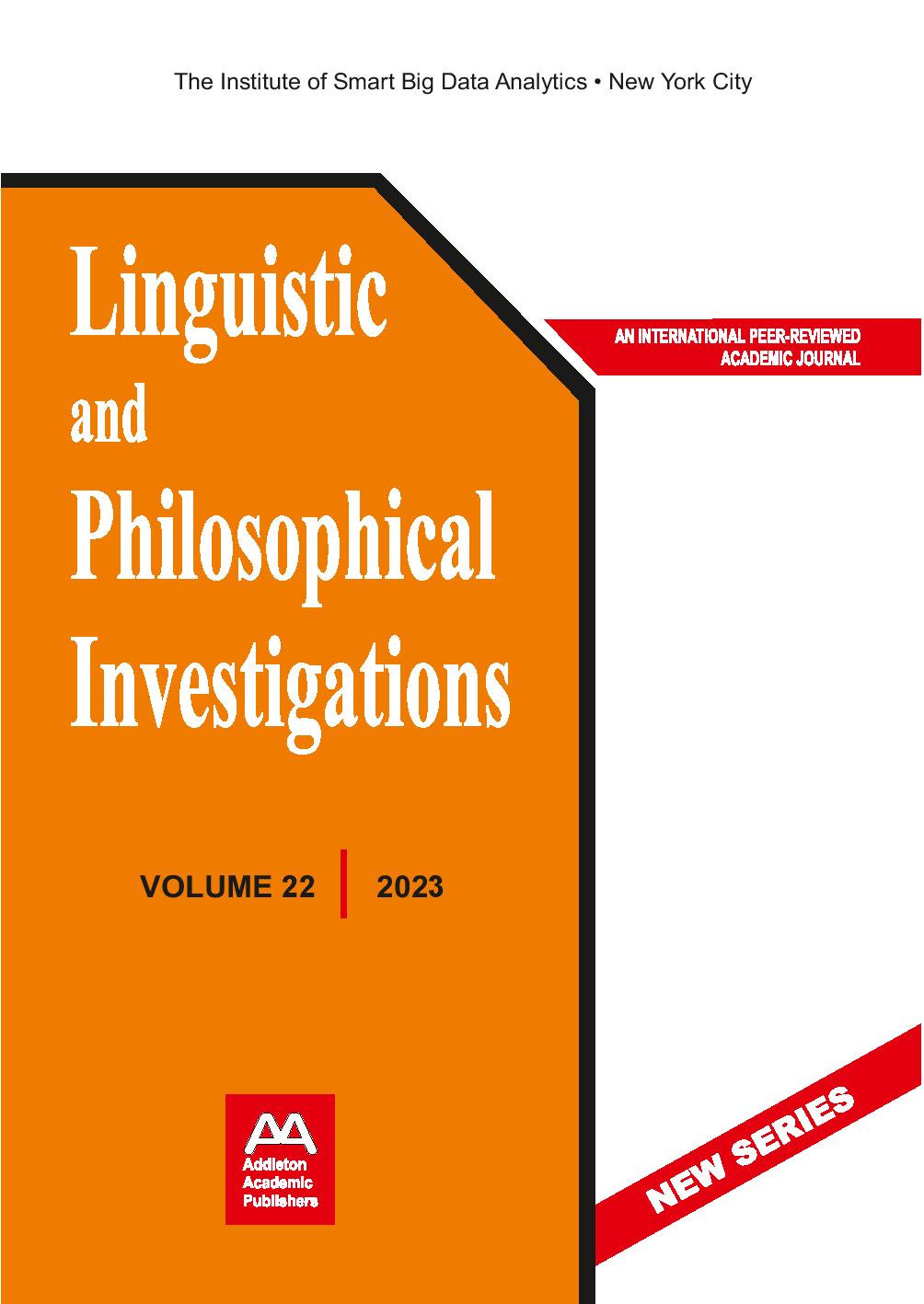Interactive 3D Geo-Visualization Systems, Deep Learning-based Image Classification Algorithms, and Virtual Navigation and Simulation Modeling Tools across Web3-powered Metaverse Worlds
Interactive 3D Geo-Visualization Systems, Deep Learning-based Image Classification Algorithms, and Virtual Navigation and Simulation Modeling Tools across Web3-powered Metaverse Worlds
Author(s): Karen GriffinSubject(s): Evaluation research, Management and complex organizations, ICT Information and Communications Technologies
Published by: Addleton Academic Publishers
Keywords: interactive 3D geo-visualization systems; deep learning-based image classification algorithms; and virtual navigation and simulation modeling tools; metaverse;
Summary/Abstract: Based on an in-depth survey of the literature, the purpose of the paper is to explore The virtual environment of the metaverse and the digital asset-based virtual economy. In this research, previous findings were cumulated showing that Photo-realistic simulation environments necessitate sensor and actuator devices, haptic object recognition and multi-sensor fusion systems, and cognitive modeling and digital twin technologies, and I contribute to the literature by indicating that immersive virtual experiences can be achieved through autonomous cognitive and biometric authentication systems, movement and behavior tracking tools, and emotion detection and situational awareness algorithms. Throughout January 2023, a quantitative literature review of the Web of Science, Scopus, and ProQuest databases was performed, with search terms including “Web3-powered metaverse worlds” + “interactive 3D geo-visualization systems,” “deep learning-based image classification algorithms,” and “virtual navigation and simulation modeling tools.” As research published between 2022 and 2023 was inspected, only 169 articles satisfied the eligibility criteria. By taking out controversial or ambiguous findings (insufficient/irrelevant data), outcomes unsubstantiated by replication, too general material, or studies with nearly identical titles, I selected 35 mainly empirical sources. Data visualization tools: Dimensions (bibliometric mapping) and VOSviewer (layout algorithms). Reporting quality assessment tool: PRISMA. Methodological quality assessment tools include: AMSTAR, Dedoose, Distiller SR, and SRDR.
Journal: Linguistic and Philosophical Investigations
- Issue Year: 2023
- Issue No: 22
- Page Range: 230-246
- Page Count: 17
- Language: English
- Content File-PDF

